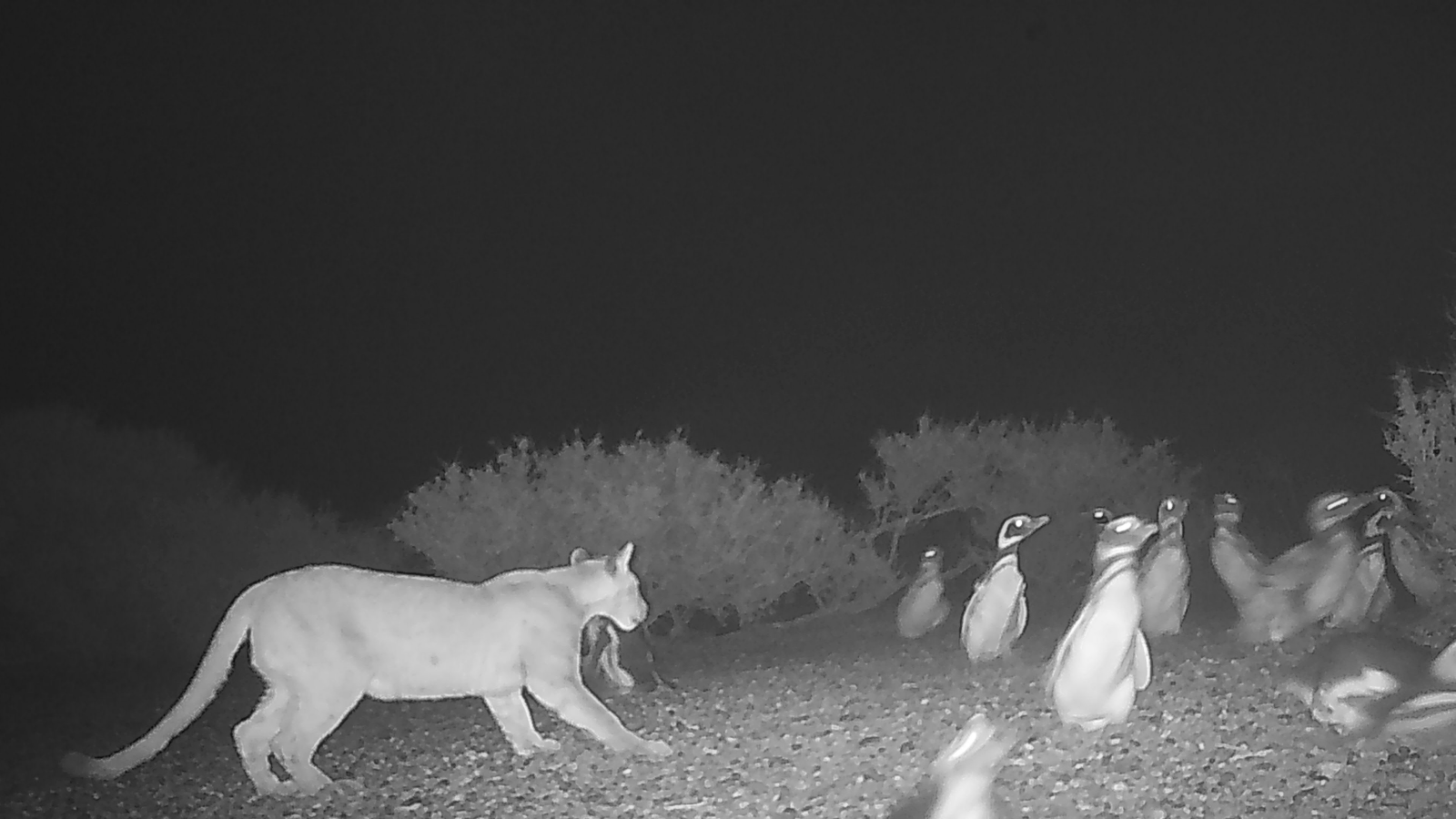7 Science Careers You Never Knew Existed

Snake venom handler? Sex scholar? A career in science doesn't have to mean a job in a dank lab or cubicle. Here's a look at some of the more peculiar jobs you can do with a science degree.
Firework designer
Everyone loves a good fireworks show — the fluorescent bursts of light, the showers of sparks, the booms and crackles. But it's someone's job to create those fireworks — namely, a chemist. That chemist designs fireworks with chemicals that emit beautiful colors when they're heated. For example, copper compounds burn blue, strontium compounds let off a crimson hue, and sodium blazes a bright yellow. The chemicals are very reactive, and sometimes dangerous. Being a firework designer usually requires a master's degree or Ph.D. in chemistry.
Space psychologist
No, a space psychologist isn't a job for someone who studies the minds of hoarders. Space psychologists study how astronauts cope with the conditions of spaceflight and the weightless environment in space. Astronauts' work is very continuous and highly regimented. The actual spaceflight involves unfamiliar physical sensations, such as weightlessness and acceleration. Space psychologists make recommendations about the best way for astronauts to perform physical and mental work, as well as rest. This profession could become increasingly important as more extended periods of space travel arise, such as manned missions to Mars. [Gallery: Scientists at the Ends of the Earth]
Sexologist
Talk about a job that raises eyebrows. Sexology is "the study of sex or of the interaction of the sexes especially among human beings," according to Merriam-Webster's online dictionary. It's a broad field, using tools from biology, medicine, psychology, sociology and other fields. Sexologists study everything from puberty to sexual orientation to the mechanics of sexual intercourse. They also study sexual dysfunctions.
Get the world’s most fascinating discoveries delivered straight to your inbox.
Snake milker
Some jobs are not for the faint-of-heart: Snake milkers are animal care specialists who extract the venom of poisonous snakes. Snake venom, while not exactly milk, is nevertheless a life-giving substance (when used correctly). The venom, deadly on its own, is the main ingredient in snakebite antidotes and a wide range of medicines. Snake milkers have the job of extracting, or "milking," the toxic substance from a snake's fangs. The venom can be made into a freeze-dried powder that research laboratories use to produce drugs for blood clots, heart attacks and high blood pressure.
Scatologist
It isn't the most glamorous of careers, but scatology — the scientific study of excrement — can tell scientists a lot about an animal, including its habits, overall health and presence of disease. The contents of an animal's poop can reveal its diet, which tells scientists where the animal has been. The bacteria in feces provide a sampling of an animal's gut flora and fauna, which determine its health. The study of feces has also led to advances in human medicine. For example, poop transplants can be an effective means of treating intractable gut infections by reestablishing a healthy bacterial equilibrium.
Laughter therapist
Laughter is the best medicine — or at least, the best therapy. Laughter has been found to reduce stress and boost the immune system, among other benefits. Laughter therapists aim to make patients chuckle, but they don't use jokes or comedy. Instead, they lead exercises that help people connect with the deep, joyful laughter that babies experience.
Fermentation scientist
Beer, wine, bread, cheese, pickles, yogurt — all of these foods are made by fermentation, the process by which yeast or bacteria convert sugars to acids, gases or alcohol. Fermentation scientists, or zymologists, study how these microorganisms can be used in fermentation processes, such as beer brewing. Louis Pasteur was the first zymologist, discovering that yeast led to fermentation. Some universities even have programs now where students can major in fermentation sciences.
Follow Tanya Lewis on Twitter and Google+. Follow us @livescience, Facebook & Google+. Original article on LiveScience.com.



